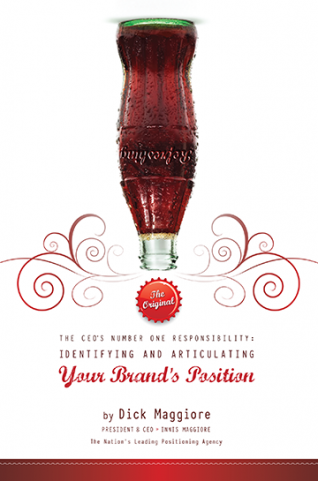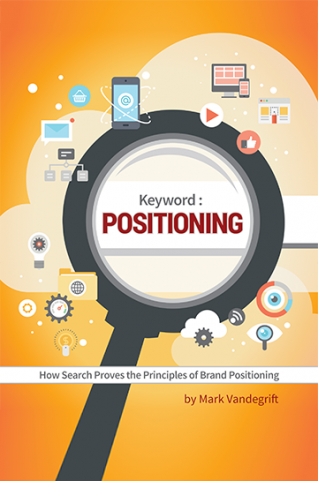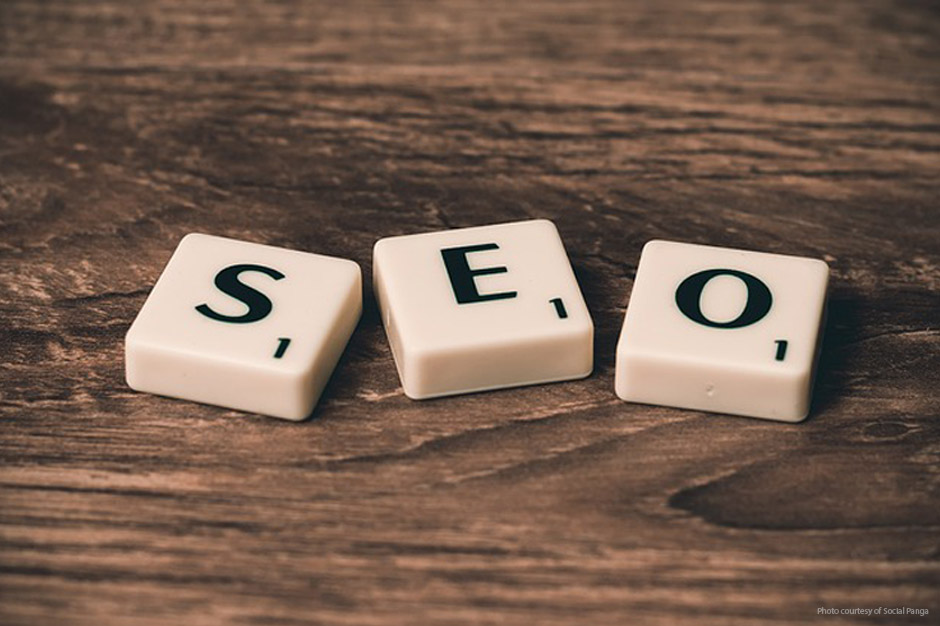SEO, search engine optimization, search engine marketing, page rank, keyword strategy, online positioning ... all words or phrases used to refer to achieving the optimal goal of a first-page result in a search engine.
In this age of search, our agency applies significant resources to defining a client's keyword universe, writing effective copy and doing on-page sculpting and off-page optimization to ensure successful web properties and achieving first-page results.
What always raises the curiosity of so many of our clients is the care we take in crafting page titles. Innis Maggiore defines our work in this as online positioning. Perhaps not the standard definition for online positioning, so allow me to elucidate. (I will assume you already understand the importance of the content of the page, which is the first and most critical component of any website.)
The title may be the most frequently overlooked component of web deployment. Yet, it may in fact be the second-most critical item in developing copy. Why? Because it is actually an advertisement!
The page title is often treated with little respect because it is the copy that sits at the top of any browser window (most often the blue bar at the top of Internet Explorer) or as the tab name when using tabbed browsing. Normally, clients feel it is the "label" of the page, and treat it as such. However, this component is also the identical text used by Google and others as the blue hyperlink in its search results.
Therefore, this copy has to be written effectively enough (like any advertisement) so that a user clicks to your site versus the other hyperlinks showing in the search results. These other results are most commonly your competitors. Will your copy be more effective in producing clicks than your competition? Only if it says something new, different, and more relevant than any other competitive result on the page.
Taking Google as an example, consider the nine other results of a search. Also consider the additional 10 other results in the sponsored links at the top and/or to the right of the organic results. Is your page title effective enough to cause a user to click to your site versus the other 19 results in the search?
This is where online positioning is so very critical. It is as if there are 20 "ads" all competing for one click. If time and skill are not spent crafting the copy to convert a search user to click to your site, the success of getting on the first page in the first place drastically diminishes.
The great news is that the principles of positioning that apply to all your marketing apply here as well. A well-crafted page title uses the keyword/-phrase surrounded by your differentiating idea. Consider this example:
-
- "Auto Insurance from Myers"
-
- "Home Page - Myers Insurance"
-
- "Affordable Auto Insurance for High-Risk Drivers"
Assuming you were a high-risk driver and knowing that it is normally very expensive to get car insurance, which of the above is most likely to motivate you to click?
This is our partial definition of online positioning. In this part, online positioning means winning against the competitive set of other hyperlinks existent in your same search universe.
So don't downplay the importance of well-crafted page titles when creating the rest of the copy for your website. Put the practice of positioning to work online too.



